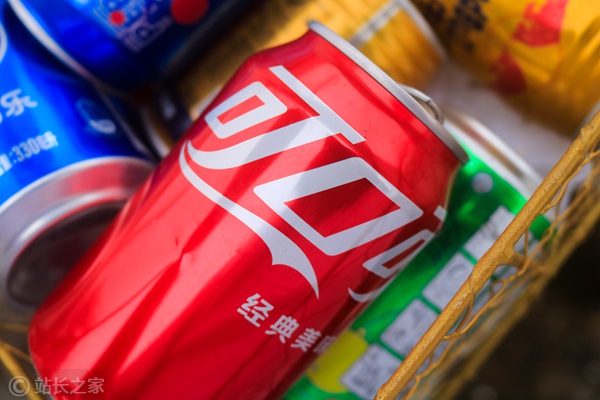Generative artificial intelligence (AI) is changing the advertising industry at an unprecedented rate, and its potential in creative and operational aspects is being recognized by more and more brands. From Coca-Cola remaking classic ads to PetSmart using AI to create animal profiles, the application of AI is no longer limited to concepts, but has actually improved efficiency and brought new creative possibilities. This article will discuss the current status, challenges and future development trends of AI in advertising and marketing, and analyze its far-reaching impact on the advertising industry.
The fusion of generative artificial intelligence (AI) and marketing science is revolutionizing the advertising industry. Although there is still some hesitancy, more and more brands are beginning to realize the huge potential of AI in creative and operational aspects. Well-known brands such as Coca-Cola have taken the lead in integrating AI into advertising campaigns.
Coca-Cola used AI to recreate its iconic "The Holidays are Coming" ad, demonstrating how far technology has come in a short period of time. The charity PetSmart uses AI to create vivid profiles of animals up for adoption. Coca-Cola has also begun using AI for image generation, translation and other tasks that were previously outsourced. Advertising companies are also investing heavily in AI technology.

Omnicom revealed plans to invest hundreds of millions of dollars in the technology. A Forrester survey found that many advertising executives are actively using generative AI and recognize its ability to improve advertising strategies and effectively tailor messages. Jonathan Woolf, chief revenue officer of AI analytics provider Persado, detailed the technology’s practical applications.
AI can predict interaction conversion rates for different customer groups and determine the best time to send messages based on user behavior.
This optimization of message delivery times resulted in a ninefold increase in click-through rates for one financial services provider. "AI on mobile phones has the ability to choose the best moments to interact," Woolf noted. Despite the growing use of AI in marketing and advertising, concerns remain. Research from the World Federation of Advertisers shows that 80% of multinational companies are uncomfortable with how their agencies use generative AI.
Legal, ethical and reputational risks were cited as major concerns. JJ Schmuckler, Dentsu's chief growth officer, acknowledged that AI technology is becoming critical for clients of large institutions. But he noted that brands haven't yet asked AI to create ad campaigns, calling it "a step too far for everyone." It highlights the importance clients place on the human element of storytelling.
As AI technology continues to develop, it offers tremendous opportunities to enhance the creative and operational aspects of advertising. It is becoming an important tool for brands to solve real problems at a significantly reduced cost. The key is that marketers should focus on leveraging AI for complex, strategic developments, not just simple tasks, to gain a significant competitive advantage. The application of AI should not just stop at improving efficiency, but should also unleash its potential at a strategic level to bring greater value to brands.
All in all, AI is profoundly changing the landscape of the advertising industry, bringing both opportunities and challenges. In the future, how to balance the application of AI technology and the value of human creativity will become an important topic that the advertising industry continues to pay attention to and explore.